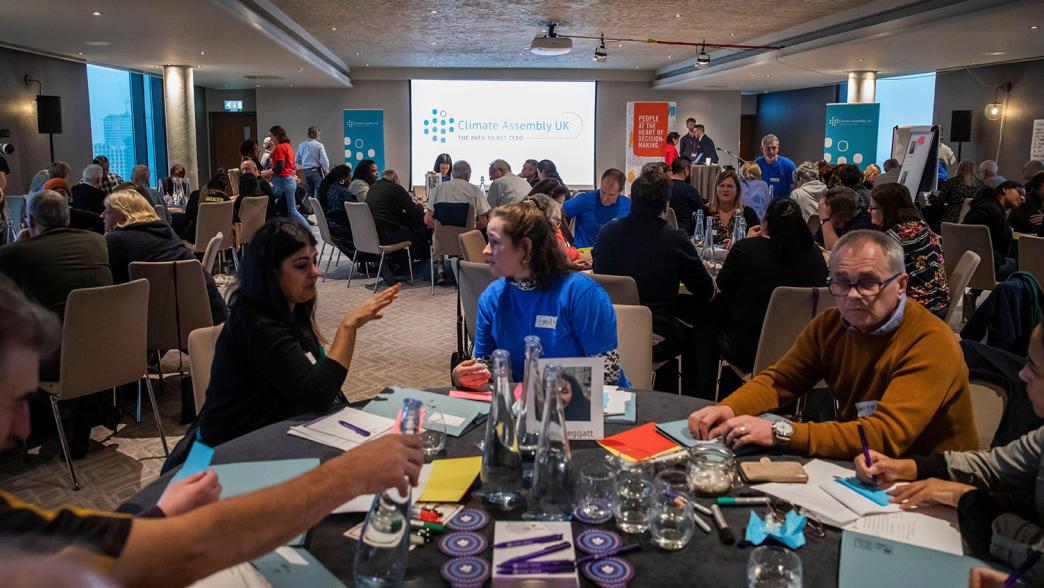Putting citizens at the heart of the UK constitution
This guest paper argues that the UK’s model of democracy and government does not put citizens at the heart of decision making – it should.

This guest paper argues that the UK’s model of democracy and government does not put citizens at the heart of decision making – it should.

The next government should start the difficult process of showing the British public that the institutions on which we all rely can be trusted.
The UK's constitution has been stretched to breaking point.
The IfG was in Manchester for a series of fringe events on the constitution, levelling up, public services, AI and more.
This short paper highlights five key challenges that any government seeking to reduce regional inequalities will need to address.